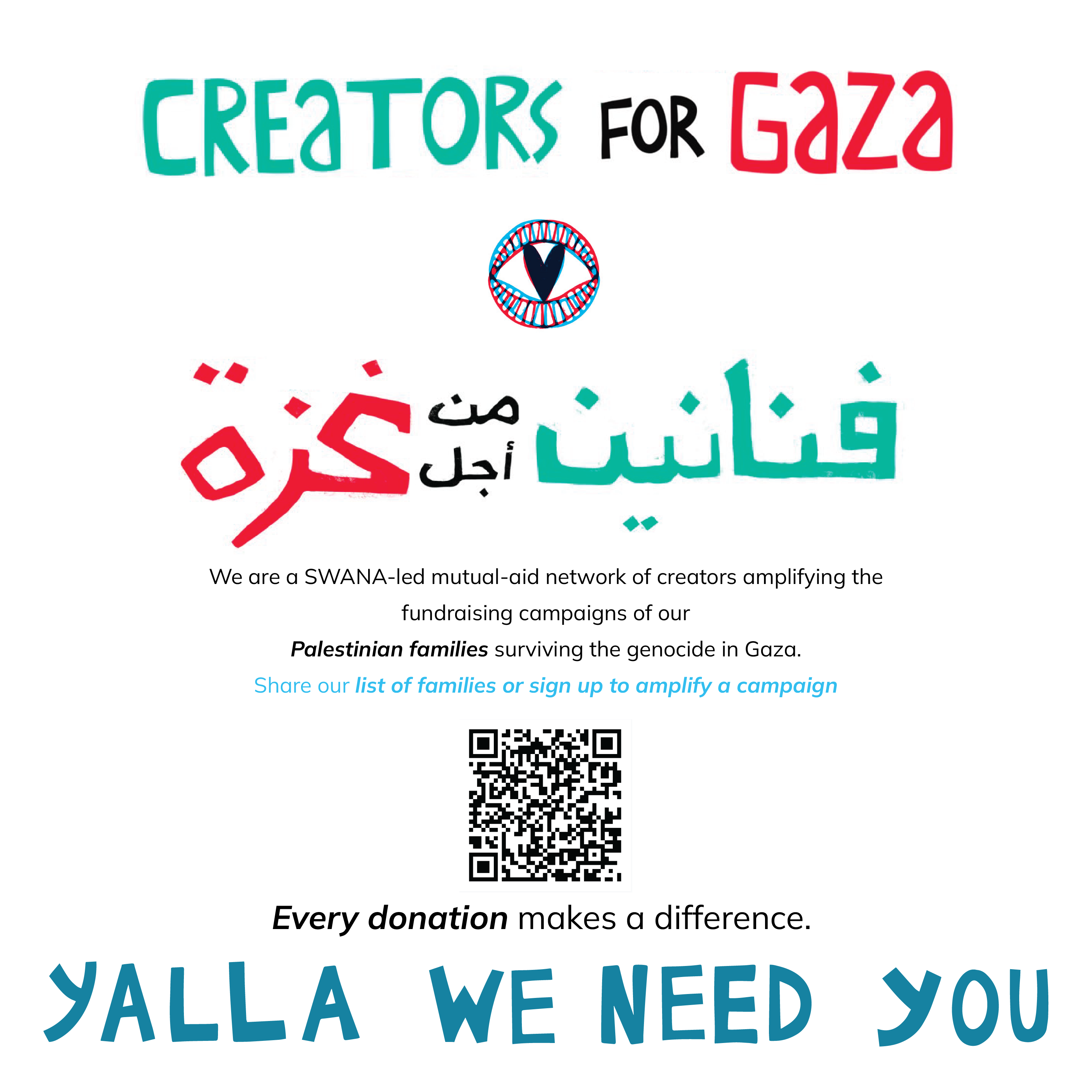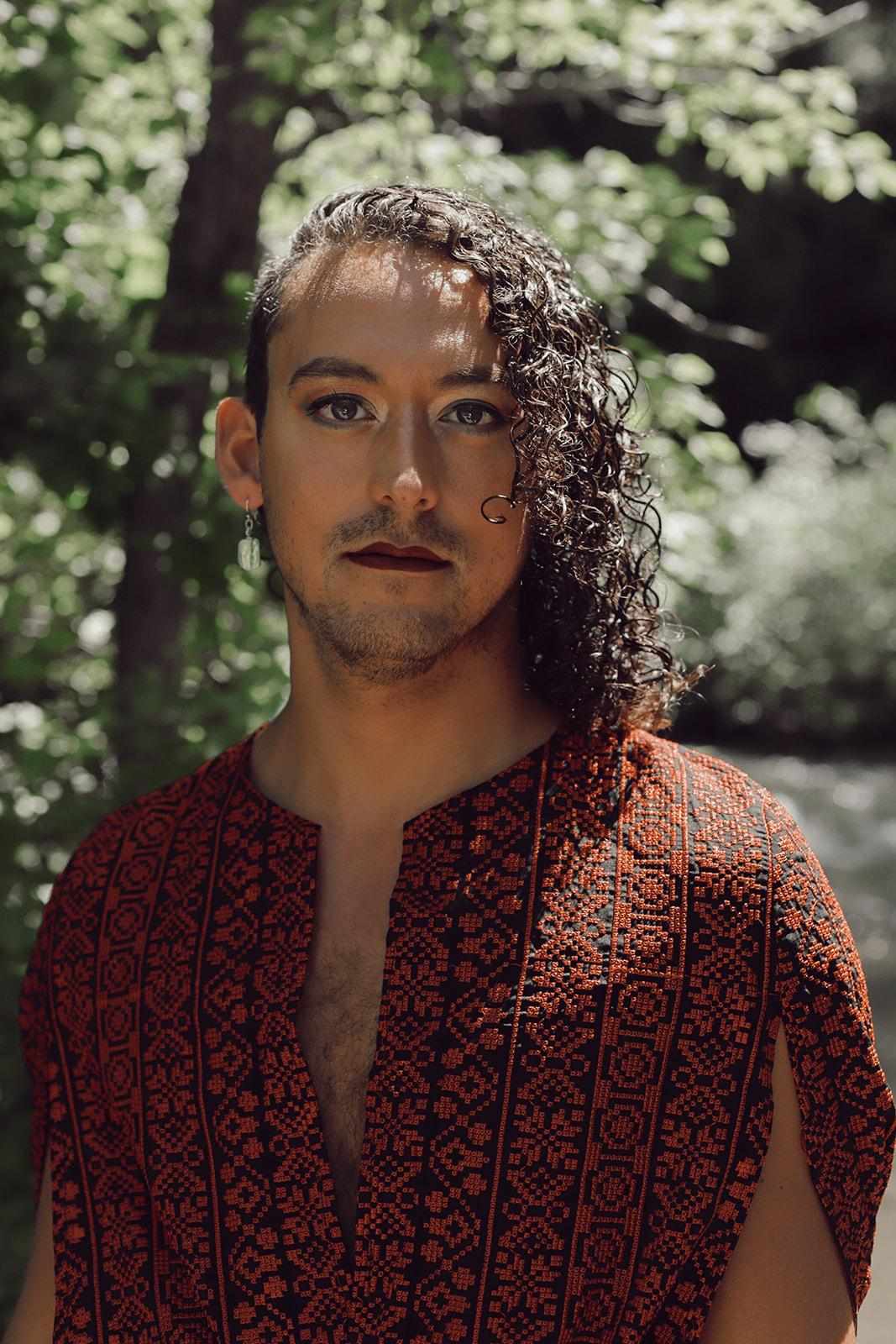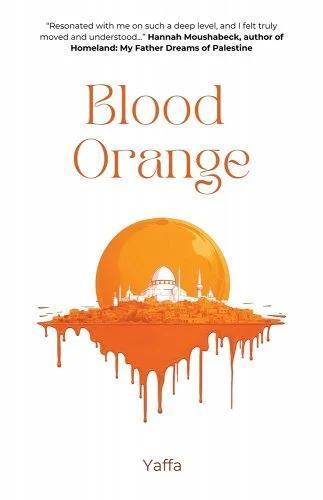 Sheyam Ghieth is an artist, organizer, Egyptian propagandist, and repeat podcast guest after 4 years!
Sheyam Ghieth is an artist, organizer, Egyptian propagandist, and repeat podcast guest after 4 years!
Sheyam is a co-founder of Creators for Gaza, a SWANA-led mutual-aid network connecting artists and amplifiers with Palestinian families facing genocide. Check it out to donate or get involved as an artist!
They also discuss their work drawing connections between disease and colonialism in genocidal states, building COVID-19 and Palestine solidarity, especially in the face of mask bans meant to attack pro-Palestine protesters. This work includes their Zine “mask up we need you” (in collaboration with @rimo_skyo).
We also talk about how we’re showing up with our communities lately, and Sheyam highlights @swanarosepdx community center as a home for the SWANA diaspora. We talk about the importance of community care *and* alone time for introverts, and the importance of taking time for trust-building in identity-based spaces.


